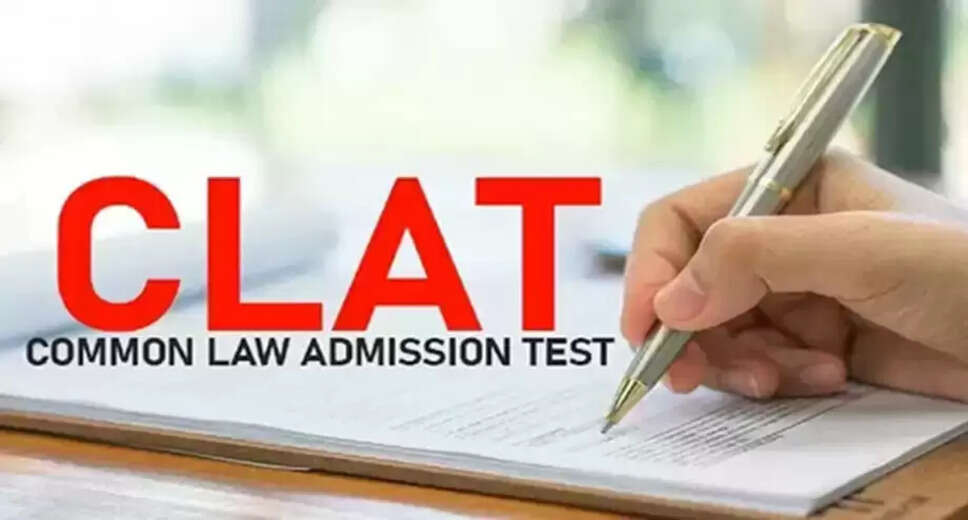Transformations Ahead for CLAT: Expert Committee to Revamp Exam Structure

Significant Changes Proposed for CLAT
The Common Law Admission Test (CLAT), essential for entry into India's esteemed National Law Universities (NLUs), is poised for substantial reforms. An Expert Committee, led by former Justice Indu Malhotra, has been established to enhance the examination's transparency, fairness, and modernity. These reforms are expected to be implemented by 2027, with a potential structure resembling the LSAT used in the USA, for which the committee is currently gathering input.
Expert Committee's Role and Composition
Committee's Mission
The Expert Committee is tasked with outlining the necessary reforms. It comprises distinguished legal scholars from both India and abroad, including co-chairs Professor Dev Saif Ganji from Oxford University and Professor Tarunabh Khaitan from the London School of Economics. Other notable members include Professor Shyamkrishna Balganesh (Columbia Law School), Professor Pritam Barua (BML Munjal University), and Professor Surabhi Ranganathan (Cambridge University).
Goals of the Reform Initiative
Enhancing Exam Quality
The committee's main aim is to elevate the quality, fairness, and relevance of the CLAT. This will involve a comprehensive evaluation of the exam's questions, sectional balance, syllabus, and grading system. The goal is to ensure that the exam effectively measures candidates' aptitude and legal reasoning skills.
Inspiration from Global Standards
International Benchmarking
The committee plans to conduct a comparative analysis of global exams like the US LSAT and the UK LNAT. The intention is to adopt best practices from these assessments to align the Indian CLAT with international standards.
Invitation for Public Input
Seeking Public Suggestions
To ensure transparency in the reform process, the committee is inviting public feedback. Interested parties can share their suggestions or comments via a Google form, with the submission window open from October 15, 2025, to November 4, 2025.
